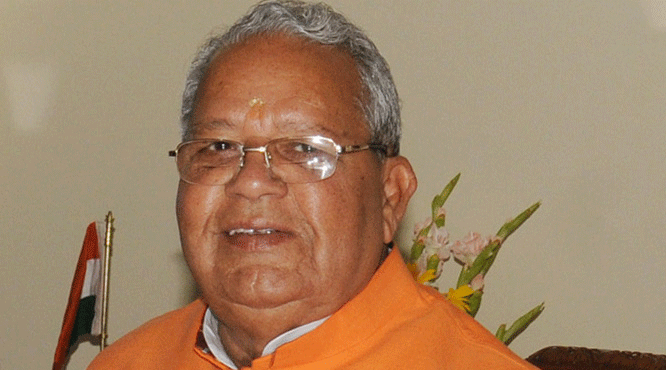Constitutional provisions are not straws to clutch at during a conflict in government; the conflict should be resolved with reference to the Constitution. That the latter expectation is waning is exemplified by the deadlock just ended in Rajasthan. The governor, Kalraj Mishra, had refused repeatedly to call an assembly session in spite of the chief minister’s requests to do so. Mr Mishra asked for clarifications and the agendum. He relented after the Congress government accepted the governor’s condition of 21 days’ notice, although that practice is now obsolete. The government was within its rights in setting its own date. Accepting the governor’s condition was polite, but less than ideal from a constitutional point of view. Constitutional provisions and Supreme Court rulings indicate that the governor summons the assembly under advice of the council of ministers. If the government has majority, the governor has no discretion in the matter. It would seem, however, that Mr Mishra enjoys a kind of blessed distance from all this, even the fact that a governor cannot question the council of ministers on their reasons and agendum for the assembly session. A parliamentary democracy gives pride of place to elected legislators; the governor, who is not elected but appointed by the president, must act on their advice. He is supposed to be above politics.
Central to this case are the 19 ‘dissenting’ members of the legislative assembly including the former deputy chief minister, Sachin Pilot, who, it could appear to the Opposition by the governor’s apparent stalling, might gain from the delay. So could the Bharatiya Janata Party. Governors have exceeded their constitutional duties earlier too: under every government before the BJP came to the Centre, governors at various times have tweaked the rules in Opposition-ruled states to benefit the dominant party. The erosion of the governor’s non-partisan role, however, has seldom been laid so bare before BJP rule — Jagdeep Dhankhar’s open disapproval of the West Bengal chief minister is an example. Instances of the governor’s unbefitting participation in partisan politics have occurred too regularly, accompanied by a gradual loss of confidence in court rulings on the Speaker’s and governor’s roles. The institutions of democracy — and the people — must check this trend if India is to continue as a democratic republic.











